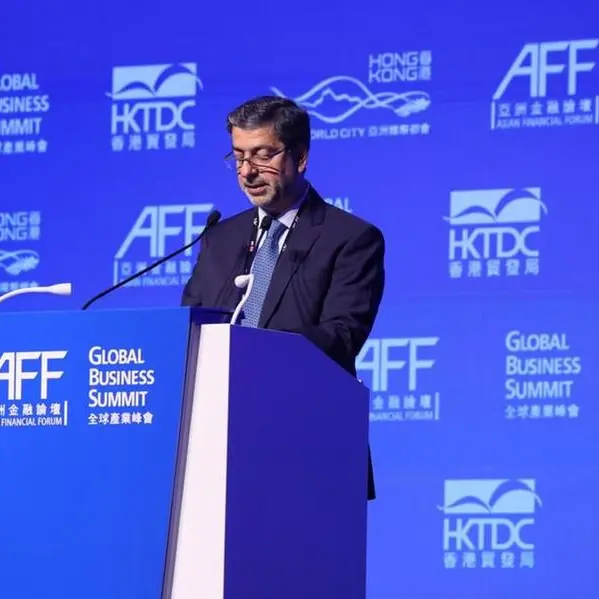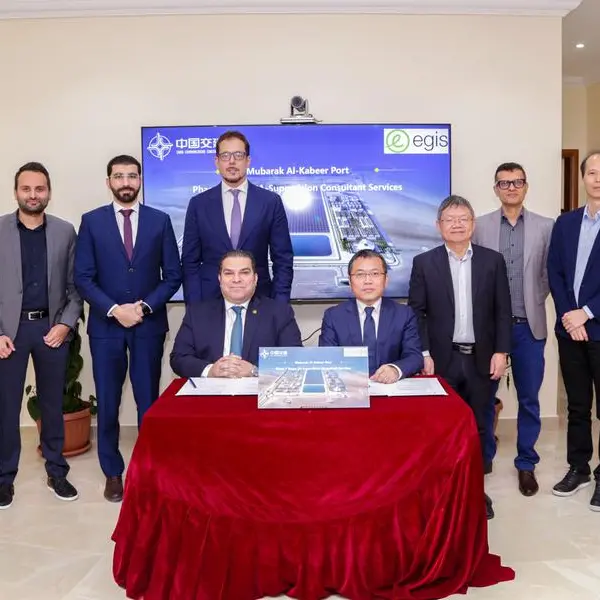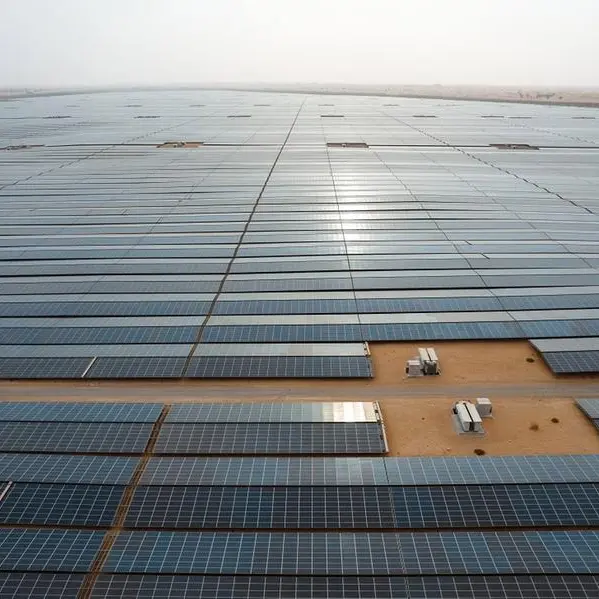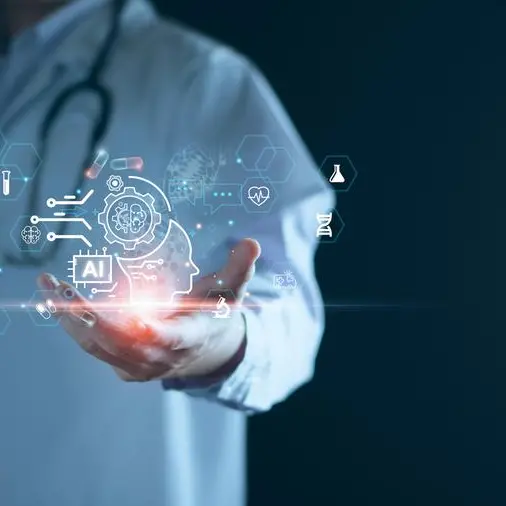PHOTO
Egypt’s Minister of Higher Education and Scientific Research Ayman Ashour welcomed Lin Xin, China’s Vice Minister of Science and Technology, to explore collaborative efforts in scientific, research, and technological fields.
The discussions, held at the ministry’s headquarters in Egypt’s New Administrative Capital, were attended by key divs including Hossam Osman, Egypt’s Deputy Minister for Innovation and Scientific Research, Moustafa Rafat, Secretary-General of the Egyptian Supreme Council of Universities, Walid Sheta, Executive Director of the Science, Technology, and Innovation Funding Authority (STDF), and Sherif Saleh, Acting Head of the Cultural Affairs and Missions Sector.
Minister Ashour highlighted the longstanding and fruitful relationship between Egypt and China, emphasising the importance of strengthening this partnership to benefit both nations. He underscored the growing strategic cooperation and the mutual commitment to advancing higher education and scientific research.
Ashour referred to the historical significance of the Silk Road, noting its role in facilitating cultural and knowledge exchanges between Egypt and China. He stressed the importance of building on this legacy to enhance current scientific partnerships.
The minister highlighted the substantial collaboration between the two countries, mentioning that 1,054 Chinese research institutions are cooperating with Egypt, resulting in 9,301 joint research publications. This cooperation spans various fields, including the economy and education, driven by a shared vision of sustainable development.
Ashour pointed out that innovation and technology transfer are crucial for sustainable development. He advocated for stronger partnerships between research institutions and businesses and the simplification of technology transfer procedures to foster innovation and develop new industries.
He also highlighted the potential of collaboration in establishing networks of business incubators and accelerators to build a knowledge-based economy.
Emphasising the role of artificial intelligence (AI) in driving a new industrial revolution, Ashour stressed the importance of Egyptian-Chinese cooperation in AI.
He noted that Egypt could benefit from China’s expertise in developing AI curricula, integrating AI into academic disciplines, and partnering on ambitious research projects.
These efforts aim to develop large language models to support education, scientific research, and key economic sectors like agriculture, industry, and tourism. He also highlighted the need for capacity building and training national cadres through joint workshops and training programmes.
Vice Minister Lin Xin acknowledged Egypt’s pivotal role in Africa and the Middle East and praised the growing Egyptian-Chinese relations in science, technology, and innovation. She highlighted the successful cooperation between the two countries, including large-scale joint projects in digital infrastructure and innovation.
Xin conveyed the Chinese Minister of Science and Technology’s greetings and expressed readiness to enhance technological cooperation with Egypt. She appreciated the visit of President Abdel Fattah Al-Sisi to China in May, aimed at strengthening bilateral ties.
Xin emphasised that the meeting’s purpose was to advance bilateral cooperation by implementing previously signed agreements. She viewed the meeting as a significant step towards achieving mutually agreed-upon goals.
The meeting concluded with both sides affirming the importance of the strategic partnership between Egypt and China. They expressed optimism about the future of this partnership and agreed to form a joint committee to develop a clear roadmap to serve the interests of both nations.
© 2024 Daily News Egypt. Provided by SyndiGate Media Inc. (Syndigate.info).





















